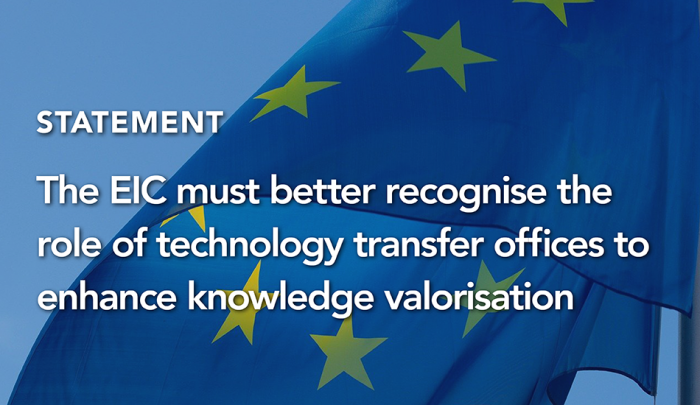https://eur01.safelinks.protection.outlook.com
Contributing to MEP Christian Ehler’s report on the implementation of the European Innovation Council (EIC), The Guild calls for the EIC to better recognise the role of universities’ technology transfer offices as key actors in the emergence of breakthrough innovations.
Following the first year of implementation of the EIC under Horizon Europe, The Guild universities have had an overall positive experience with the EIC. In particular, we welcome the EIC Transition scheme that has provided universities and their spin-offs appropriate financial support for proof-of-concept projects. Therefore, The Guild calls for the EIC to extend this funding scheme to enable a higher number of research discoveries to be turned into innovative projects.
While the EIC funding schemes provide notable support for the universities and researchers to further exploit their research outcomes, it is crucial that the EIC acknowledges the role and work of universities’ technology transfer offices (TTOs) in enabling the researchers to develop their results for commercial and societal purposes.
The Guild voices its concern that the EIC overlooks and unnecessarily duplicates some of the activities of the TTOs in terms of project management and support services. Ensuring that universities have well-functioning TTOs would be a more effective and efficient approach.
În our recent statement, we expressed similar concerns regarding the standard Intellectual Property (IP) provisions in the EIC Pathfinder and Transition schemes. The provisions, as they currently stand, will negatively affect the functioning of already well-performing TTOs without strengthening the capacities of weaker TTOs. The Guild has urged the European Commission to revise its approach and support instead capacity-building actions for TTOs.
Jan Palmowski, Secretary-General of The Guild, said: “We welcome the attention of policymakers to the EIC to ensure that it can work optimally. For this to happen, it is critical we do not reinvent the wheel, but enhance what is already working, so it can work even better – and that includes the knowledge and capacity of the technology transfer offices of our universities.”
Linkes

